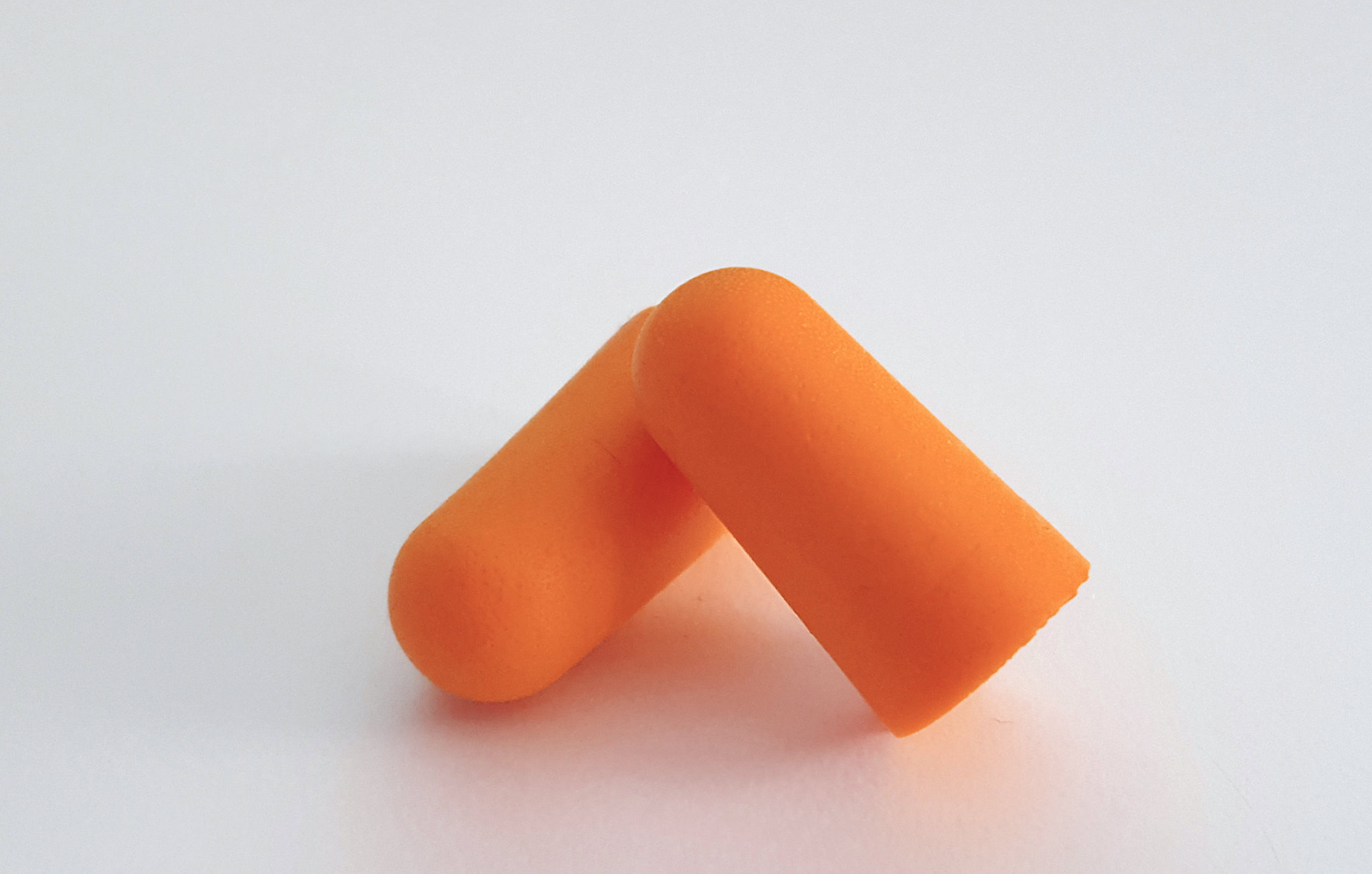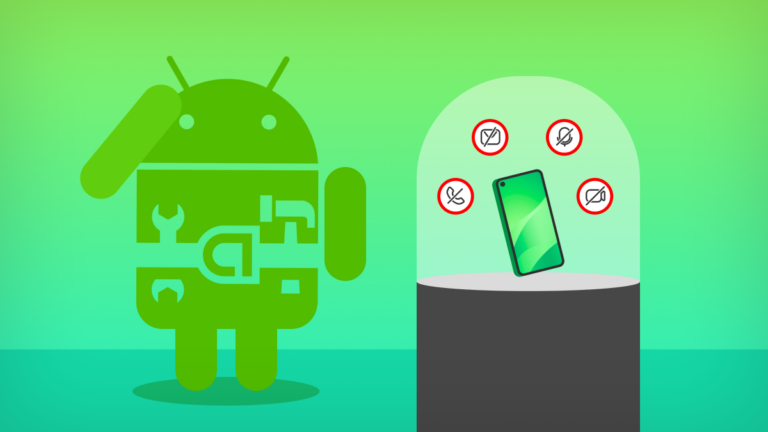Scientists recommend not to overdo it with listening to white noise, but there are other opinions.
We regularly raise the topic of noise in our “Hi-Fi World” – for example, we talk about how the human psyche reacts on it, share research and use cases white and pink noise in various fields of activity. However, there are different points of view on how effective services and applications are in listening to background noise. Let’s discuss what scientists would like to convey to the public in this regard.

What are these services
One of the more popular ones is called myNoise. It was introduced and supported by a professional “soundscaper” who has collaborated with audio brands and has written a number of scientific articles on working with sound. However, it is difficult to imagine the exact number of analogs and various variations of such services. White noise generators are often embedded in meditation, sleep tracking, and productivity applications. Together with it, such products are often supplied not only with “clean” noise, but also with a couple of household substitutes such as the quiet hum of a fan, the tapping of rain drops, the sounds of nature or a crackling fire.
Such sounds – in theory – help to catch concentration, enter a state of flow, fall asleep faster and more effectively rest while dreaming. But regardless of the task, the process of listening to them on a regular basis often comes down to working out conditioned reflex in response to sounds generated by this or that audio service. A number of scientists believe that such a reflex has no connection with a specific type of noise – the accompaniment can be almost anything. The main thing is that the listener considers it suitable. Then, with a high probability, noise or some kind of buzzing will allow you to achieve the desired result.
What are the risks
Noise cannot be excluded from the list of audio stimuli – emphasizes professor med. School of the University of Pennsylvania. As part of his scientific work, he and his colleagues succeeded identify thirty-eight studies that have identified a positive effect of background noise on some aspects of sleep. However, according to the scientists who analyzed all these materials, this connection is insignificant. And dotted articles do indicate the opposite effect, when exposure to noise becomes an irritant and leads to restless sleep.
“I would not recommend such applications – their positive effect on any processes in the body has not yet been fully confirmed”, – He speaks Professor. At the same time, he draws attention to the fact that noise and other sounds, our hearing organs and the brain, in one way or another, have to process and interpret. This means that during sleep preparation, our auditory sensory system and our consciousness are stimulated and cannot properly prepare for rest.
The scientist believes that it is not noise that will help to improve sleep, but understanding your level of stress and general anxiety. In his opinion, working with them will allow you to fall asleep faster, have better rest at night and will not require additional stimulation by background sounds for this.
Not everyone agrees
First of all, those who are engaged in such projects – for example, a resident of Hacker News, who is developing a wearable device for sleeping. He He speaksthat consults with neurologists and has not heard any warnings about such risks. Others in the community find that noise generators help those who have to work the night shift. Such people sleep, of course, during the day, so they need to mask with something the sounds coming from the street or from the next room. This is where solid background noise comes in. It is also often heard by those who live on busy streets, near the highway or in a house with high acoustic transparency to smooth out harsh sounds and not wake up from them.

And other options for dealing with sound stimuli not so much… Earplugs offer one of these, but they may not work for everyone. Some strain the sounds of your own breathing and heartbeat, which can be easily heard using earplugs in a quiet room. It turns out that the amount of information entering the auditory sensory system does not decrease – instead of the hubbub from the street, cursing neighbors or traffic noise, the body has to interpret new and often unfamiliar sounds. Which brings back the conversation about the auxiliary role of such tools as earplugs or noise generators, which many still help fall asleep faster and remember dreams, to the need to develop a habit, starting from personal preferences. Is it as bad as the scientist thought?
What to read on the topic in our “Hi-Fi World”:
There will be a lot of noise, there will be little noise: sound hygiene in cities
How White Noise Helps Relax and Monitor Children’s Sleep Quality
“Breathe quietly, colleagues”: why office noise drives us crazy
Like the crackle of a fire, the creak of doors and ordinary noise become music
What noise can help you concentrate and prevent hearing loss in a car accident?
A noise insulation method has been developed that dampens up to 94% of noise – how it works
Why cafes and restaurants have become so noisy, and what to do about it





